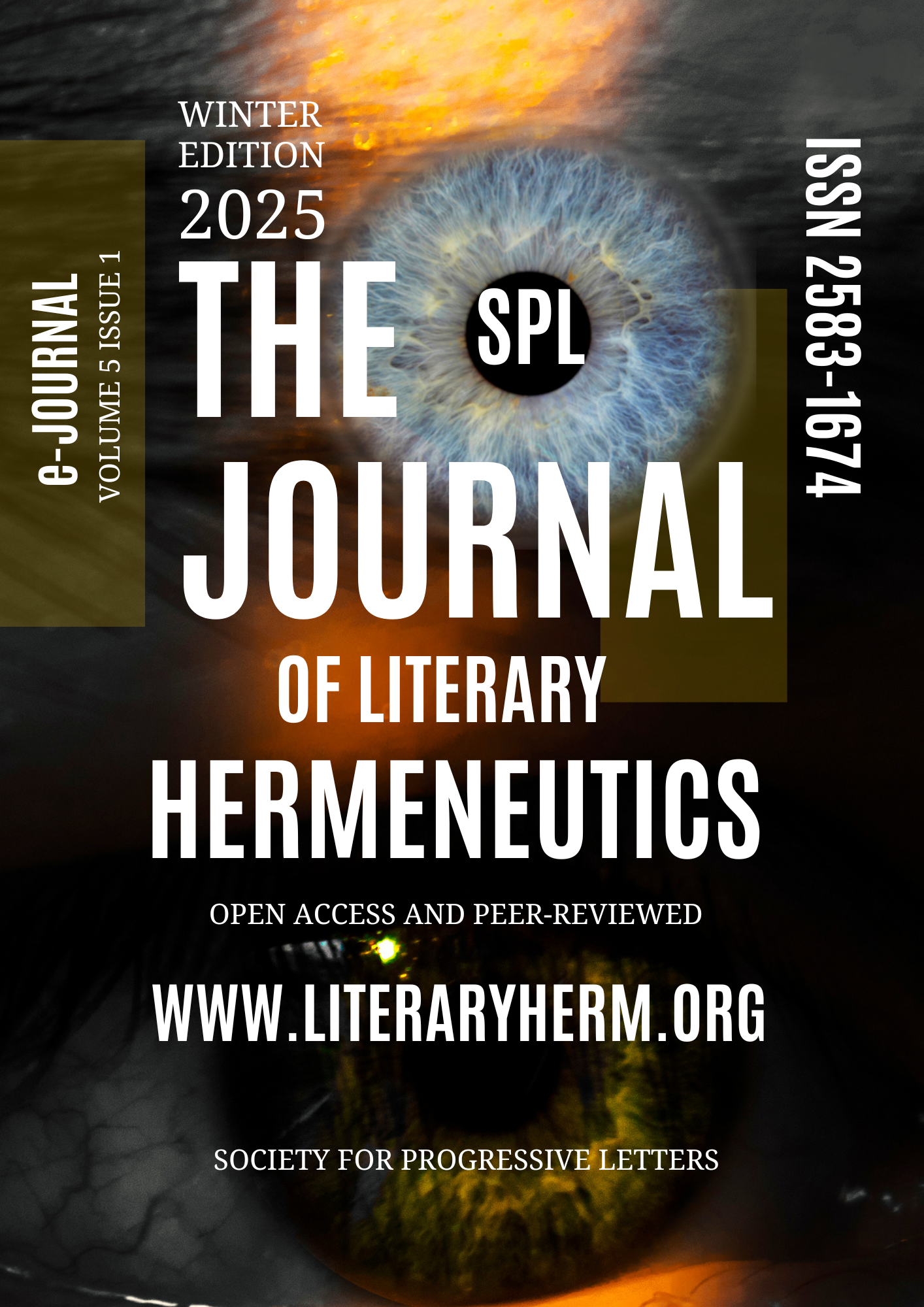From Feast to Famine: Cultural Contrasts in Chinua Achebe’s Things Fall Apart
Keywords:
African, Igbo, Famine, Feast, HarvestAbstract
Aim: This research explores the dichotomies of food and hunger, famine and festival in Chinua Achebe’s Things Fall Apart. These dualities are pivotal in understanding the cultural, social, and spiritual fabric of the Igbo community portrayed in the novel.
Methodology and approaches: Food is more than sustenance in Achebe’s narrative—it is a symbol of identity, tradition, and unity. Conversely, hunger and famine signify social disruption, individual struggles, and the existential threats posed by colonial encroachment. By examining these contrasting themes, the study reveals how Achebe employs sustenance and scarcity to reflect the complexities of Igbo society during a period of cultural upheaval.
Outcome: The analysis focuses on the depiction of communal feasts, which reinforce unity and social hierarchy, in contrast to the stark imagery of famine, which underscores vulnerability and conflict. Employing qualitative textual analysis and referencing secondary scholarly critiques, the study elucidates how Achebe employs these dichotomies to offer a profound commentary on the Igbo worldview and its transformation.
Conclusion: The findings highlight the broader implications of food as a metaphor for cultural survival and resistance in postcolonial literature.
Downloads

Published
How to Cite
Issue
Section
Copyright (c) 2025 Alvin Joseph

This work is licensed under a Creative Commons Attribution-NonCommercial 4.0 International License.












